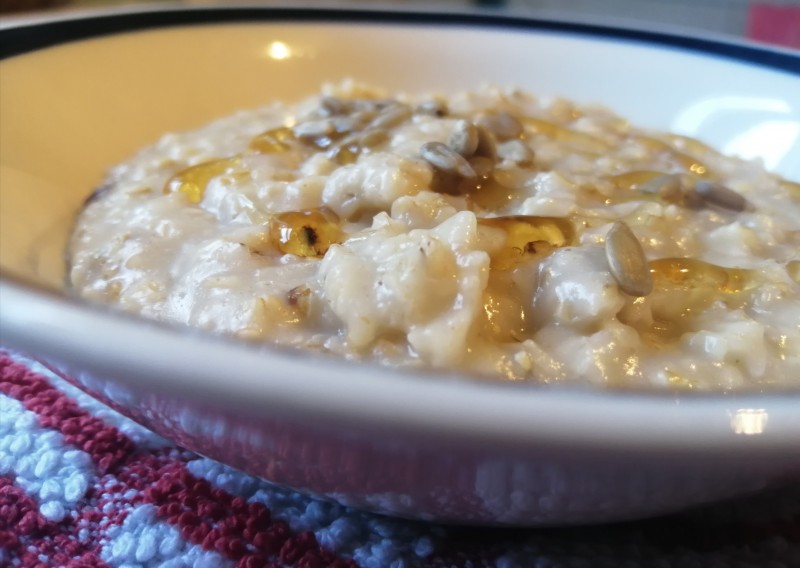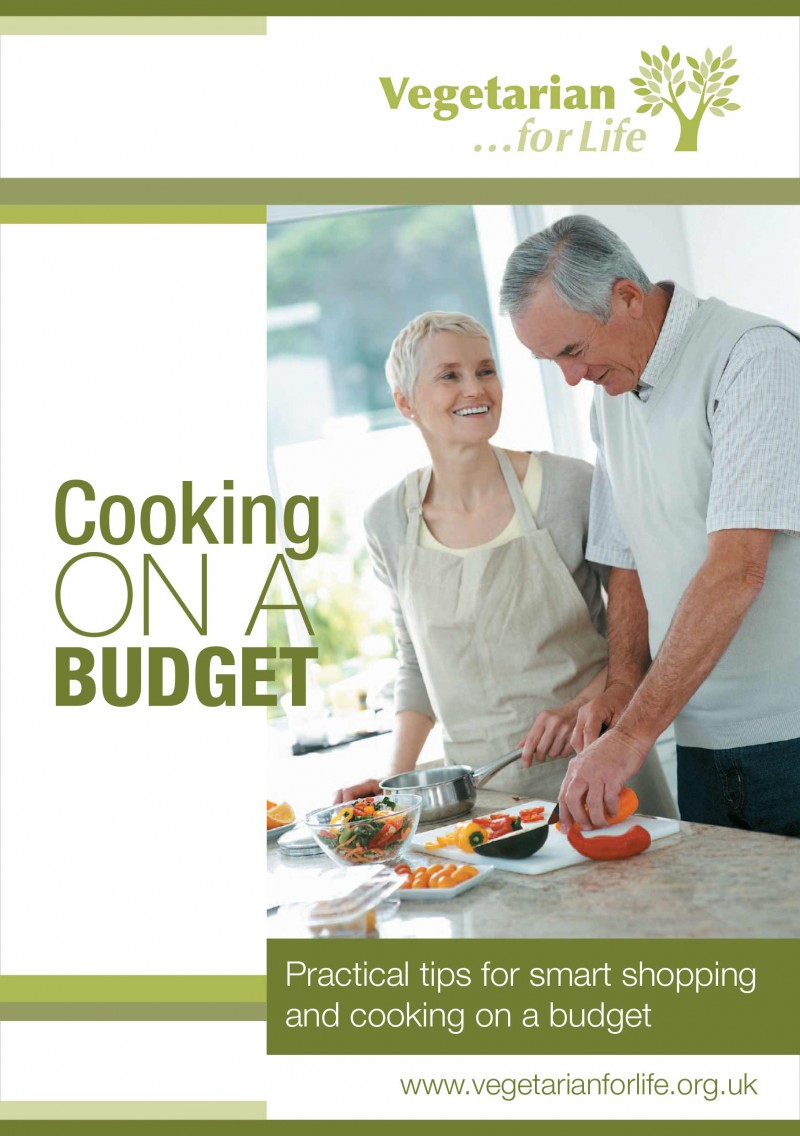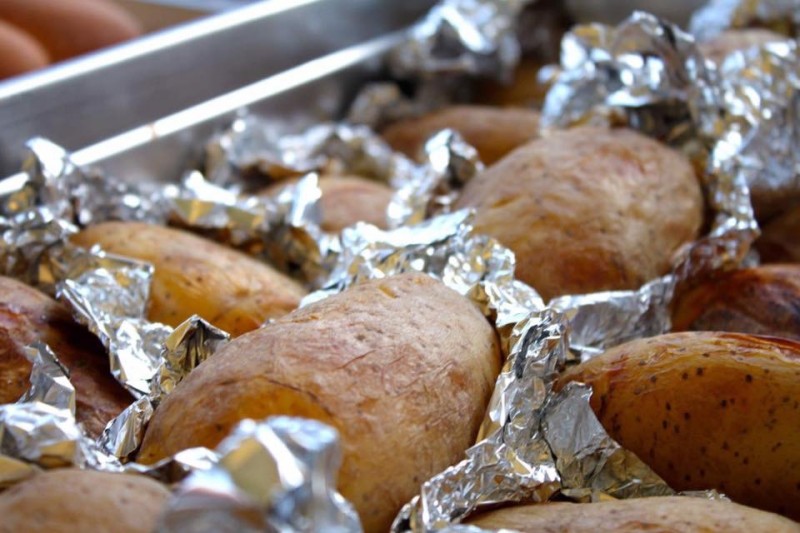
After the indulgence of the Christmas holiday, January is often the time to start new healthy habits including watching the food bill. With that in mind, a few simple steps can get you eating healthy, tasty food, and saving a few pounds into the bargain.
Some brands are simply cheaper than others
Try new brands with an open mind. One of my favourite television programmes is ‘Eat well for less’. If you have not seen it, the basic premise is that a family has its regular food brands swapped. The twist is that some remain the same, but they don’t know which. If they like the swap to the cheaper brand, they swap at the end and the potential saving is totalled up. Some families save thousands. Although just a TV programme, the point is clear: be open minded and try less well-known brands. Once out of the pack and into a plain container the zing of branded goods soon loses its shine.
Start the day off well
A good healthy breakfast is the perfect way to start the day on the right foot.
This recipe for the world’s best porridge is Chef Ollie’s recommendation to jazz up plain porridge.
Of course, starting the day well is only a good start. The trick is to continue for the rest of the day, too. Have a look at some of the fantastic recipes specifically designed with budget in mind in our cooking on a budget guide.

Get your pulse racing!
Pulses such as lentils, peas and beans are all excellent sources of nutrition: high in fibre, and protein, too. Dried beans are cheaper than tinned, although will need cooking. Adding a handful of lentils to soups, stews, pasta sauces, curries and chilli will add body and substance.
Chef Justina is a big fan of dried pulses and recommends an overnight soak. They will treble in size while they absorb the water so don’t forget to allow plenty of room in your container. Always rinse thoroughly before cooking.
Fresh, frozen or tinned?
Have a think about buying frozen fruit and vegetables. Often cheaper than fresh, and with a long shelf life, there'll be less waste, no spoilage, and the cooking time can be shorter. It can also make life easier and encourage healthier eating habits. Frozen fruit such as berries, once thawed, are a great addition to just about any dessert, or use in a smoothie from frozen. Tinned vegetables also have their place and are good to have as a standby. Some tinned products may contain a high level of salt, so that is something to watch out for. Try and select those in unsalted water. Tinned potatoes make an excellent ingredient for curries.
Plan ahead
This really is the key to good budgeting and healthy eating. I must admit I don’t always want to know what I’m going to eat days in advance. I kind of like to be a little spontaneous. However, making sure that I have a good store cupboard (including the freezer) keeps my meal options open. You could try planning the week’s meals out, but have flexibility so you can swap the days around.
Use leftovers creatively!

Just about any leftovers can be reinvented. Of course, it depends on what they are, but even if it’s just using them as a filling for a jacket potato or served on toast, that is another meal sorted. A little pastry and you have a potential pie or pasty filling. Add additional herbs and spices and you have the basis for a curry or a stew. Add some stock, blend and hey presto, a hot and filling soup.
Make extra
If you look at the serving suggestion and it is more than you would normally make, don’t be put off. Any spare can normally be frozen. Always label clearly and prevent playing mystery dinner. Chef Claire recommends to batch-cook recipes with similar ingredients and then freeze in portions. Chefs love their freezers!
Use your oven effectively
If you are going to put the oven on, fill it! This can be a bit of a balancing act. Light sponges perhaps should be avoided if it is likely the oven door will be open and closed during the baking process. But, other robust dishes will happily share a shelf. Once your dishes are cooked, allow to cool then portion up and freeze for another day.
Look in your store cupboard
Such an obvious thing to do, but how often do we really pull everything out and do a stock check? In catering this is essential and generally good practice. Our homes are just as important, if not more so. Check use by and best before dates and move those with the soonest expiration to the front of your store. While everything is out, give the shelves a good clean, too. Old open flour can easily attract unwanted pests.
Waste not, want not
I do not wholly think this is the case but it may go partly to reduce want. Letting food go out of date, and unnecessarily peeling vegetables, all adds up.
And finally…
Sometimes all that we want is a little comfort food and that is not such a bad thing. Yesterday I made a fruit cake to use up a few ingredients left over from Christmas. I have just had the last slice with my afternoon coffee. Oh well, I can always bake another one.
Categories:
Articles
Cooking on a Budget